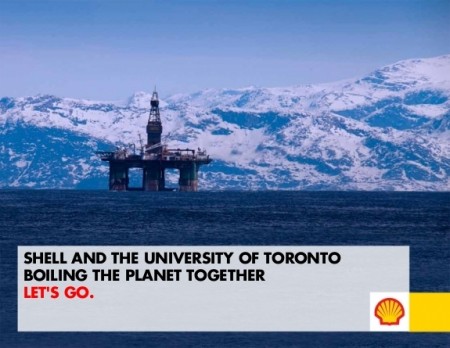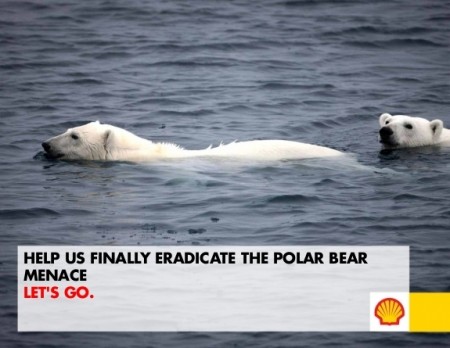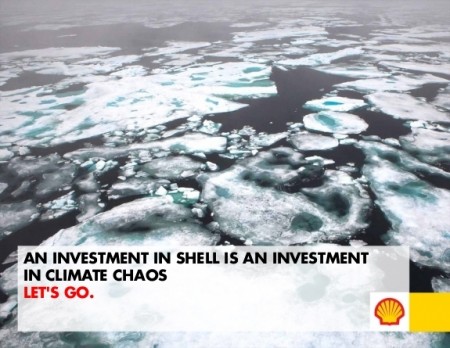Can the Liberals and the NDP please just merge already?
Source: ThreeHundredEight.com
The Liberal and New Democratic parties have now spent years operating under the apparent assumption that the key issue is leadership and that if they can just find the right leader they will be able to form a government.
I think a much bigger problem is vote splitting. Different voters have the NDP, Liberals, and Greens as their top choice. Probably, the second-place preferences of these voters are also for one of those three parties. And yet, because votes get split between left-leaning parties, the Conservatives end up governing.
Arguably, it would be preferable to reform the electoral system, rather than respond to the united right by uniting the left. What this alternative proposal lacks is practicality: the federal Conservative Party is unlikely to replace an electoral system that has allowed them to govern with a minority of support for so long, and no other party is in a position to influence legislation.
Related:





